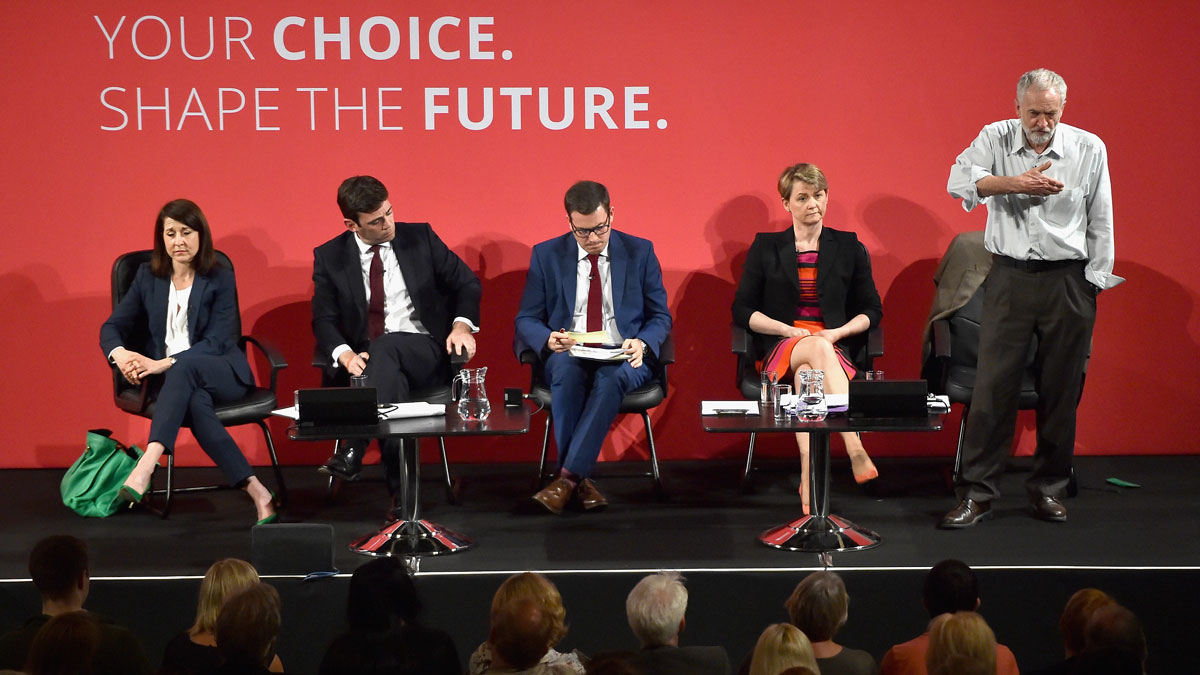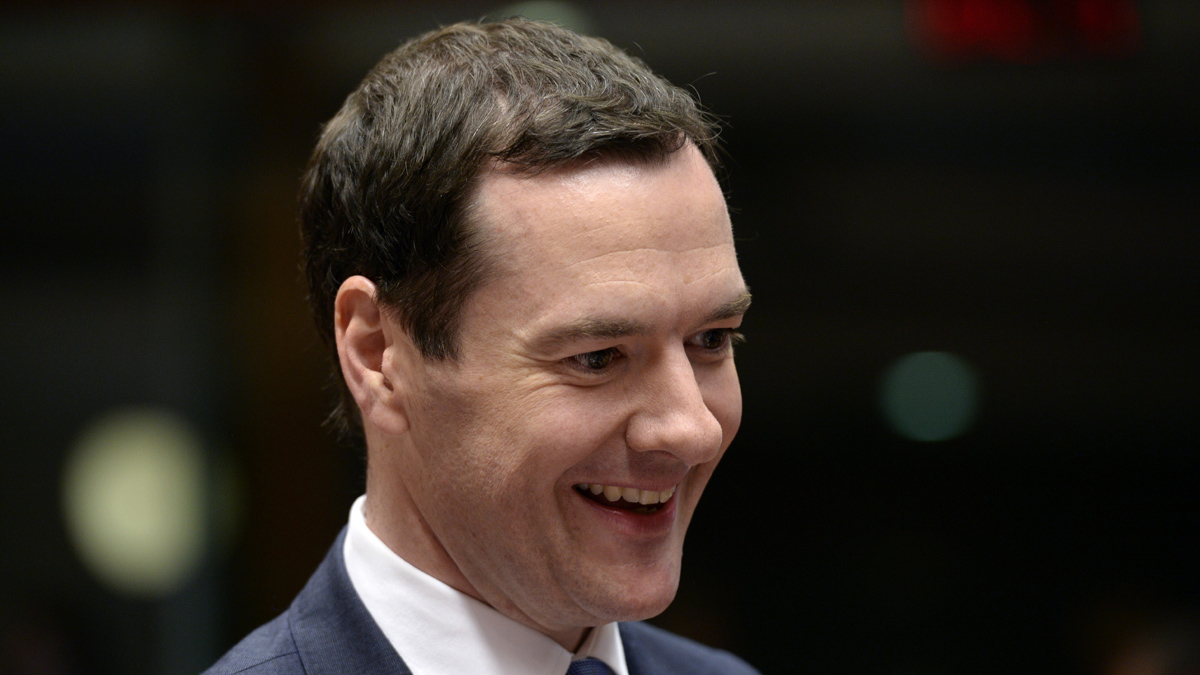How would Jeremy Corbyn tackle the economy?
Labour leadership frontrunner has pledged among other things "people's QE"

A free daily email with the biggest news stories of the day – and the best features from TheWeek.com
You are now subscribed
Your newsletter sign-up was successful
He is the man who famously needed to 'borrow' nominations to get into a leadership contest he is now apparently comfortably winning. He has been vilified by an increasing number of Labour grandees for his leftist economic vision which they believe will guarantee the opposition's electoral failure in 2020. But what exactly is Jeremy Corbyn's economic vision? And how does it compare to his rivals?
Ironically, perhaps in recognition of what is clearly regarded as his weakest policy area and the fundamental role it was said to have played in the Conservative election victory, Corbyn has gone further than his three competitors in articulating something resembling an economic policy agenda so far.
In an eight-page document entitled "The Economy in 2020", published last month, he sets out a vision for what some have branded 'Corbynomics' and highlights a number of specific plans.
The Week
Escape your echo chamber. Get the facts behind the news, plus analysis from multiple perspectives.

Sign up for The Week's Free Newsletters
From our morning news briefing to a weekly Good News Newsletter, get the best of The Week delivered directly to your inbox.
From our morning news briefing to a weekly Good News Newsletter, get the best of The Week delivered directly to your inbox.
Asserting that he is not against "wealth creation" but merely wishes to make this more of a "collective process", he hints that he would row back on some of the tax and welfare cuts signalled by the Tories at the recent budget, singling out for example the inheritance tax property allowance that will cost £2.5bn – " twice as much as reducing the benefit cap will raise by further impoverishing the poorest".
He pledges competence and says he would not seek to run Budget deficits, although he would increase borrowing "to invest in our future prosperity". Most eye-catching, though, are his plans to cut business tax breaks to fund a 'National Investment Bank' or broaden the Bank of England's mandate to allow it to create money to invest in housing, energy or transport projects. This "quantitative easing for people instead of banks" was one reason for an attack by shadow chancellor Chris Leslie, who told The Independent it would drive up inflation and hurt poorer families.
In a speech this week, the BBC reports Corbyn has also announced proposals to "re-industrialise" northern regions of England and overhaul Local Economic Partnerships in favour of new "investment institutions" which would, among other things, seek to channel funding to boost the rollout of superfast broadband. Sir Richard Leese, the Labour leader of Manchester Council, said Corbyn "completely ignores what Labour in the north is doing."
What about the rest?
A free daily email with the biggest news stories of the day – and the best features from TheWeek.com
Aside from Corbyn, Andy Burnham has also been vocal on his plans for the economy. In a speech in July he set out a five-point plan which was short on detail, but which set out key priorities including more support for self-employed people and help with childcare and travel costs for working families. One day ahead of a formal manifesto launch, he also revealed today radical plans for what the Daily Telegraph referred to as a "line-by-line" renationalisation of the railways.
Elsewhere Burnham has said he would set up a British Investment Bank and widen the remit of the Office for Budget Responsibility to include auditing government spending plans to "ensure enough is being spent on the long term projects that will grow the economy". He also made an admission that running a deficit immediately before the financial crisis had damaged the economy.
Liz Kendall, considered the most 'right-wing' and business-friendly of the candidates, said during a speech to Reuters that she would seek to boost funding available through venture capital and banks to ramp up business investment and make "workforce training" a focus, as she concentrated on the need to improve productivity and adjust to technological changes which are threatening jobs and driving down wages. She is the most outspoken on Labour's past record and on the need to restore economic trust.
Yvette Cooper, who has secured the backing of Alan Johnson, has had the least to say about the economy so far. Instead she has concentrated her fire on the Home Office's handling of the immigrant crisis in Calais and issues affecting working families. Cooper has publicly denounced the narrative that Labour overspent before the crisis. According to a report last month in Herald Scotland she has also emphasised the importance of investing in science and technology industries.
-
 Local elections 2026: where are they and who is expected to win?
Local elections 2026: where are they and who is expected to win?The Explainer Labour is braced for heavy losses and U-turn on postponing some council elections hasn’t helped the party’s prospects
-
 6 of the world’s most accessible destinations
6 of the world’s most accessible destinationsThe Week Recommends Experience all of Berlin, Singapore and Sydney
-
 How the FCC’s ‘equal time’ rule works
How the FCC’s ‘equal time’ rule worksIn the Spotlight The law is at the heart of the Colbert-CBS conflict
